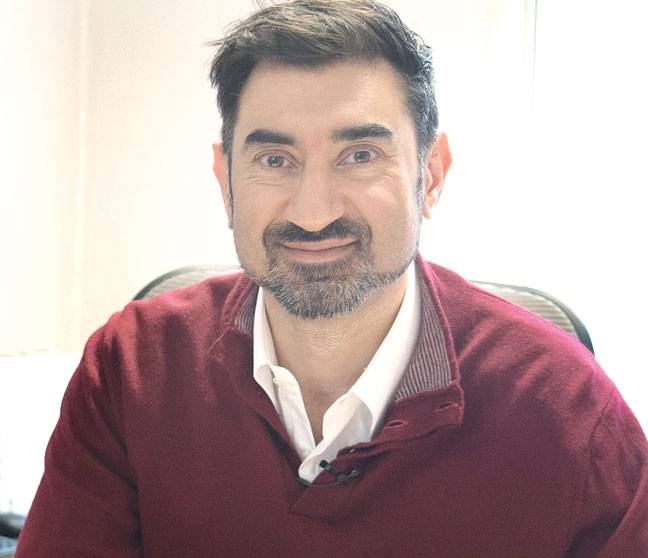ISLAMABAD - Another member of Economic Advisory Council Imran Rasool Saturday stepped down from the EAC over the withdrawal of Dr Atif R Mian’s name from the council.
The EAC which is an informal forum, not required under the Constitution, has lost its three members in last two days due to the controversy on the inclusion of renowned economist Dr Atif Mian belonging to Ahmadi community.
Dr Atif Mian resigned from his post following a request by the government Friday. This came after pressure from religio-political groups against his appointment. However, the controversy deepened further when another EAC member Dr Asim Ijaz Khawaja from Harvard Kennedy School also stepped down from the council over the withdrawal of Dr Atif’s name.
Later, Imran Rasool, Professor of Economics at University College London, has also announced to quit the EAC. “With a heavy heart, I have resigned from the EAC this morning. The circumstances in which Atif was asked to step down are ones I profoundly disagree with. Basing decisions on religious affiliation go against my principles or the values I am trying to teach my children,” Rasool said in his tweet. He further said: “Establishment of the EAC and its members offered a great opportunity for better economic policy. Events during the past 10 days have shown the best and worst of Pakistani politics at the moment.”
Last week, the government constituted an 18-member EAC – seven members from the government side and 11 others from the private sector. Among the 11 private members, three economists working abroad are also part of the newly constituted advisory council. Now three international economists of Pakistani origin have left the advisory council.
The first meeting of the recently reconstituted EAC chaired by Prime Minister Imran Khan was not attended by three international economists of Pakistani origin because of technical reasons. “They could not make it because our web-link was down,” an official said. He further said the government has not yet decided to include new members in EAC to replace Dr Atif Mian, Dr Asim Ijaz Khawaja and Imran Rasool.
The Economic Advisory Council‘s mandate is to advise the government on both short-term macroeconomic stabilisation interventions and long-term structural reforms for stable and sustained economic development. The Economic Advisory Council is expected to play a pivotal role in strengthening the capacity of the government to design and introduce sound and effective policies for rapid and continued social and economic advancement, human resource development, improvement of business processes and strengthening of data services.
The Economic Advisory Council will also facilitate capacity building of the government in conducting policy analysis and assist it in reaching out to the international network of recognised economists to contribute to Pakistan’s development.
The ultimate goal of the Economic Advisory Council is to promote analytically sound and evidence-based reforms and initiatives for the progress and development of Pakistan.
Another EAC member resigns in protest






